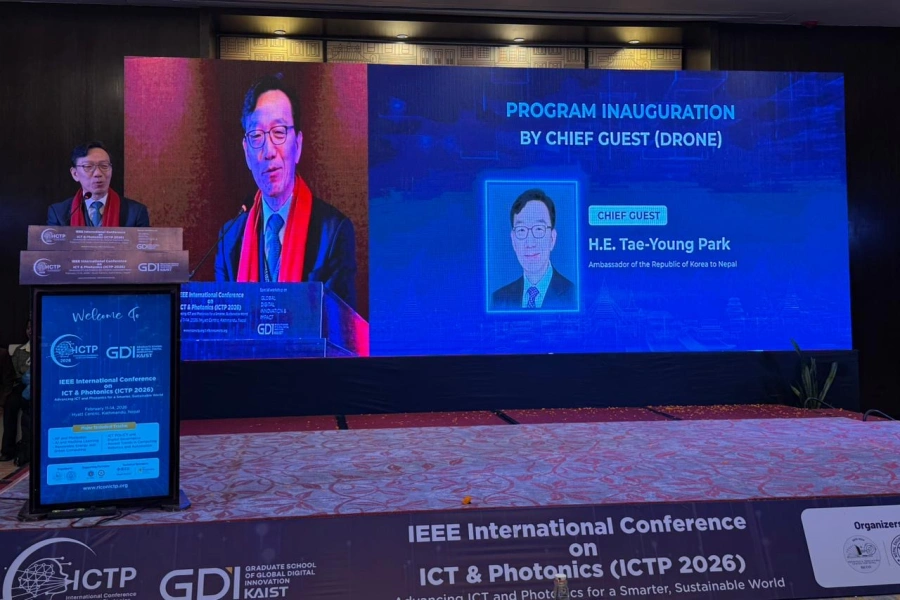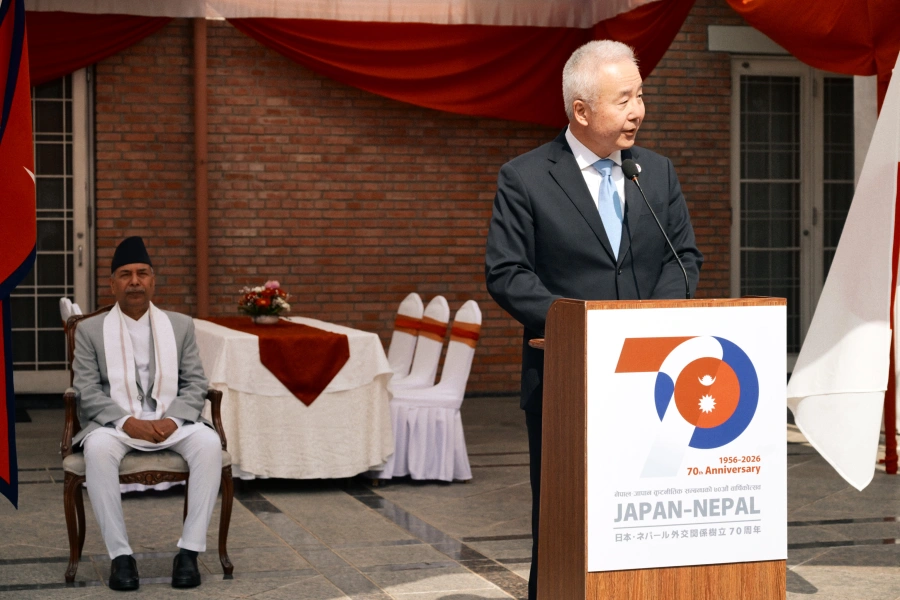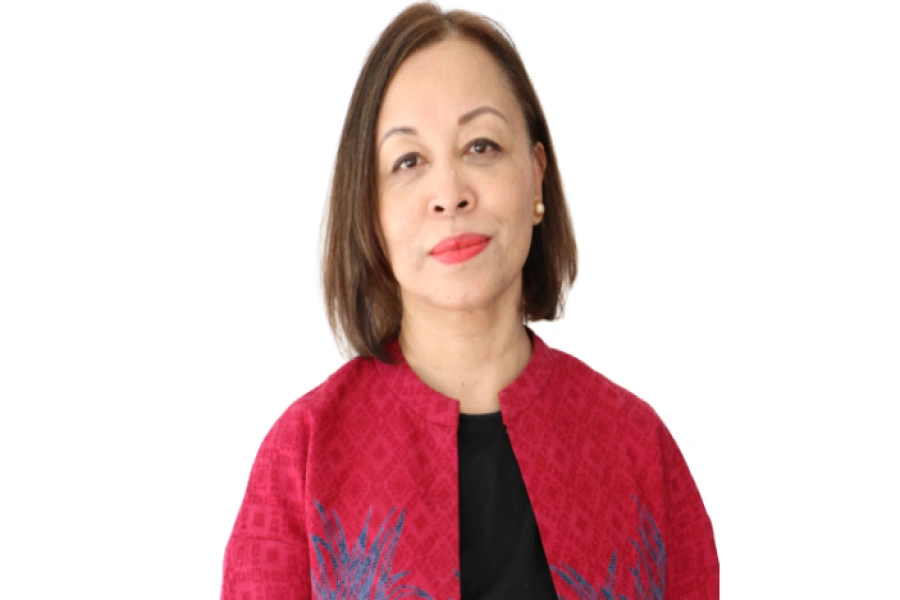“The Last Lecture” is a book written by Randy Paush, a professor of computer science. He only had 7-8 months to live when he began working on it. Besides, the “Last Lecture” was his very last lecture at Carnegie Mellon University where he taught for two decades. It discusses themes on the joy of life, the story of love for his family (wife and three children) and the spirit of living with knowledge of impending death. The book chronicles what we can do and live in the “heart of suffering and the calling to heal the bloodied planet.” And, at the same time, to utilize human potential to its maximum, “that is how our greatest problems will be solved.”
And, “When Breath Becomes Air,” is a story of shattered dreams, a deeply committed relationship of a brilliant scientist/surgeon’s heart riding along the ripples of turbulence. “I found compassion where I thought only cruelty thrived. I found hope where I thought only shadows reigned. I found a soul struggling to make sense of life’s meaning in the face of death. And isn't that the story of humanity?” Paul Kalanithi, the writer, ponders!
A neuro-trainee surgeon examines Paul’s images from a CT scan. The diagnosis is straightforward: “Cancer, widely disseminated.”
Paul died on Monday, March 9th 2015! Lucy, his wife writes, “he told me, ‘I want everyone to know that even if I don’t see them, I love them.’ Inside the emergency room he turned towards me and whispered, ‘This might be how it ends,’ his voice soft but unwavering, ‘I’m ready’. Ready, he meant to start morphine to die. With my heart breaking, I climbed into the last bed we would share. Paul’s decision to look in the eye was a testament not just to who he was in the final hours of his life but who he had always been. About life he wrote, ‘One day we are born, one day we shall die! The light gleams an instant then it’s night again.’”
Abigail Blessing, writes: “Fear, sorrow, joy, confusion, peace enveloped me in waves. Can the presence of death cause such a contrast of emotions? His words dispelled the silence of death, filling it with moving anecdotes from his personal and medical experience. When Breath Becomes Air opens a window into the life of Dr. Paul Kalanithi.
And Randy Pausch in, The Last Lecture, writes, “My medical odyssey began in the summer of 2006, when I felt slight unexplained pain in my upper abdomen. Later jaundice sets in, and my doctors suspected I had hepatitis. That turned to be wishful thinking. CT scans revealed I had pancreatic cancer, and it would take me just ten seconds on Google to discover how bad this news was.Pancreatic cancer had the highest mortality rate of any cancer: half of those diagnosed with it die within six months, and 96% die within five years.”
‘“It’s over," I said to Jai (his wife). “My goose is cooked.”
“What do you mean?” She asked.
“Death sentence.”
“Don’t tell me you are counting tumors.”
Sara Ali Khan dedicates 'Mirror Mirror' poem to mom Amrita Sing...

“I kept counting loud”. Seven, eight, nine, and ten….” I saw it all. The cancer had metastasized to my liver.”’
While facing death, the doctor advised him, “Behave as if you’re going to be around for a while.” Randy, who was ahead of the doctor, responds, “Doc. I just bought a convertible and got a vasectomy. What more do you want from me? I’m living like I’m dying. But, at the same time, I’m very much living like I’m living and I’m still living.”
“Give yourself permission to dream.” Before reality struck, everything was a dream! He suggests. In this final lecture to his students, he cautions: “I know you are smart. But everyone here (at Carnegie Mellon) is smart. Smart isn’t enough. The people I want in my team are those who will help everyone else.” Become a good team member, as being able to work with others in group is a necessary skill both in the work world as well as in any family.
“Failure is not just acceptable, it's often an essential part of life’s journey, a prelude to success.”
“There is more than one way to measure profits and losses. On every level, institutions should have a heart.”
Randy suggests that working through our traumas ignites our resilience and lights a fire of sacred purpose deep within our souls. “When we know how hurtful the world can be we also see the many ways we can make a difference. In the heart of suffering, the calling to heal this bloodied planet. Let us go and work.”
On optimism and the will to live with limited time at hand, “It can enable us to do tangible things to improve our physical state.”
“Dr. Zeh calls me a poster boy for ‘the healthy balance between optimism and realism. He sees me trying to embrace my cancer as another life experience.”
He urged students to find their way with enthusiasm and passion. Each life is unique and different and he advises them to make it the best they can.
Paul Kalanithi, grew up in Kingman, Arizona. He spent his days immersed in nature, literature, and his insatiable thirst for knowledge. After earning a B.A. and M.A. in English literature and a B.A. in human biology from Stanford, Paul received MPhil in History and Philosophy of Science from Cambridge. Then he wanted “direct experience” in life. “It was only in practicing medicine,” he writes, “that I could pursue a serious biological philosophy.” Through medical career he hoped to answer “the question of what makes human life meaningful, even in the face of death and decay until the last breath”, is the heroic saga of his memoir When Breath Becomes Air!
Driven by his quest for meaning, he goes to Yale and becomes a neuro-scientist. “I’m driven less by achievements than trying to understand, in earnest: what makes human life meaningful ? I still feel literature provided the best account of life while neuroscience laid down the most elegant rules of the brain.”
Nabokov made us aware how our sufferings can make us callous to the pain of others. Literature provided the “richest material for moral reflection. He urges “to fuse and strengthen the human relationship that forms meaning.”
“Humans are organisms, subject to physical laws, alas, the one that says entropy always increases. Disease are molecules misbehaving: the basic requirement of which is metabolism and death is its cessation.”
“I thought virtue required moral, emotional, and physical excellence.”
On the verge of qualifying as a coveted neurosurgeon after a decade of training, and planning to start a family with his wife, Lucy, he found himself confronting not only a terminal illness but also a profound identity crisis: having aspired to be “the pastoral figure … I found myself the sheep, lost and confused”. The transition from doctor to being patient was written in the year or so prior to his death, he was 37 and his daughter, Cady, was nine months old. He had inoperable deadly lung cancer.
Tired of sitting around reflecting on the meaning of life, he wanted action and real responsibility, “answers that are not in books”. Neurosurgery provided an “unforgiving call to perfection.” The difference between life and death could be a “matter of millimeters” inside the brain. One night, as he cuts into a tumor deep inside a patient’s brain, his supervisor asked him what would happen if he increased the incision by two millimeters. Double vision, guesses Kalanithi. “Locked-in syndrome”, came the reply.
As cancer forces him to abandon his heroic self-image, writing gathers strength. Tormented by terrible back pain Lucy discovers his fears only when she picks up his phone and finds “frequency of cancers in 30- to 40-year-olds” typed into a medical search engine. He continues to work excruciating hours at the operating table. What else can he do? Beckett’s lines: “I can’t go on … I’ll go on” motivates him to go on to give his body and soul to patients. His terminal diagnosis changes everything and nothing: “Before my cancer was diagnosed, I knew that someday I would die, but I didn’t know when.”
“What patients seek is not scientific knowledge that doctors hide, but existential authenticity which an individual must find on her own … the angst of facing mortality has no remedy in probability.”
“Don’t you think saying goodbye to your child will make your death more painful?” asks Lucy. Paul responds: “Wouldn’t it be great if it did?”
The book eloquently describes how we all are confronting our mortality every day. The question we face is not how long, but rather how we will live – and books don’t answer.
Facing death he guides readers through scenes of profound loss and quiet hope: “Paul sets the stage for his own tragedy.” When the results arrive, a glaring image of stage IV lung cancer, Paul is under death’s shadow, grappling with his mortality through the words he weaves.”
The words and statistics cannot heal the wound of uncertainty; healing lies in the relationship between the doctor and the patient. “Before operating on a patient’s brain, I must first understand his mind.The patient is not just an object, but a soul, a being in possession of an “identity,” “values,” and knowledge of “what makes his life worth living, and what devastation makes it reasonable to let that life end.” Technical excellence without relationality is like a stained-glass window without light. Humanity is a group of individual beings, not a mere collection of data.
Death’s shadow was ignored amidst achievements, dreams of happiness and success and a sense of immortality. At the peak of his career, Paul was confronted with his finality of reality that blew away all his dreams!
His response?
To see one’s mortality in the mirror is to acknowledge time’s transience and life’s impermanence. He searches for what is significant and what is meaningful. His decisions: to have a child and to write this book.
The memoir’s underlying message: life’s meaning is rooted in relationality. Paul found value in his relationships with his patients, his family, his friends, the world, and God.
When Breath Becomes Air is both practical and deeply personal. It is a guide to life and a love letter to his daughter as well. Like his life, the book was half-finished; his wife and editors published it posthumously in 2016. He exemplifies: “how to live and find meaning when breath is still breath.” Paul quotes Samuel Beckett, “birth astride of a grave.” Poignant reflections in the promise of his child’s life, death and life are intertwined in the memoir!
When Breath Becomes Air offers readers a new perspective on mortality, “an echo of memento mori !”








































